Treating our cats for heartworm disease is much more expensive, time-consuming, and dangerous than keeping them free of the disease in the first place. For your cat’s safety, you should use cat heartworm preventives properly.
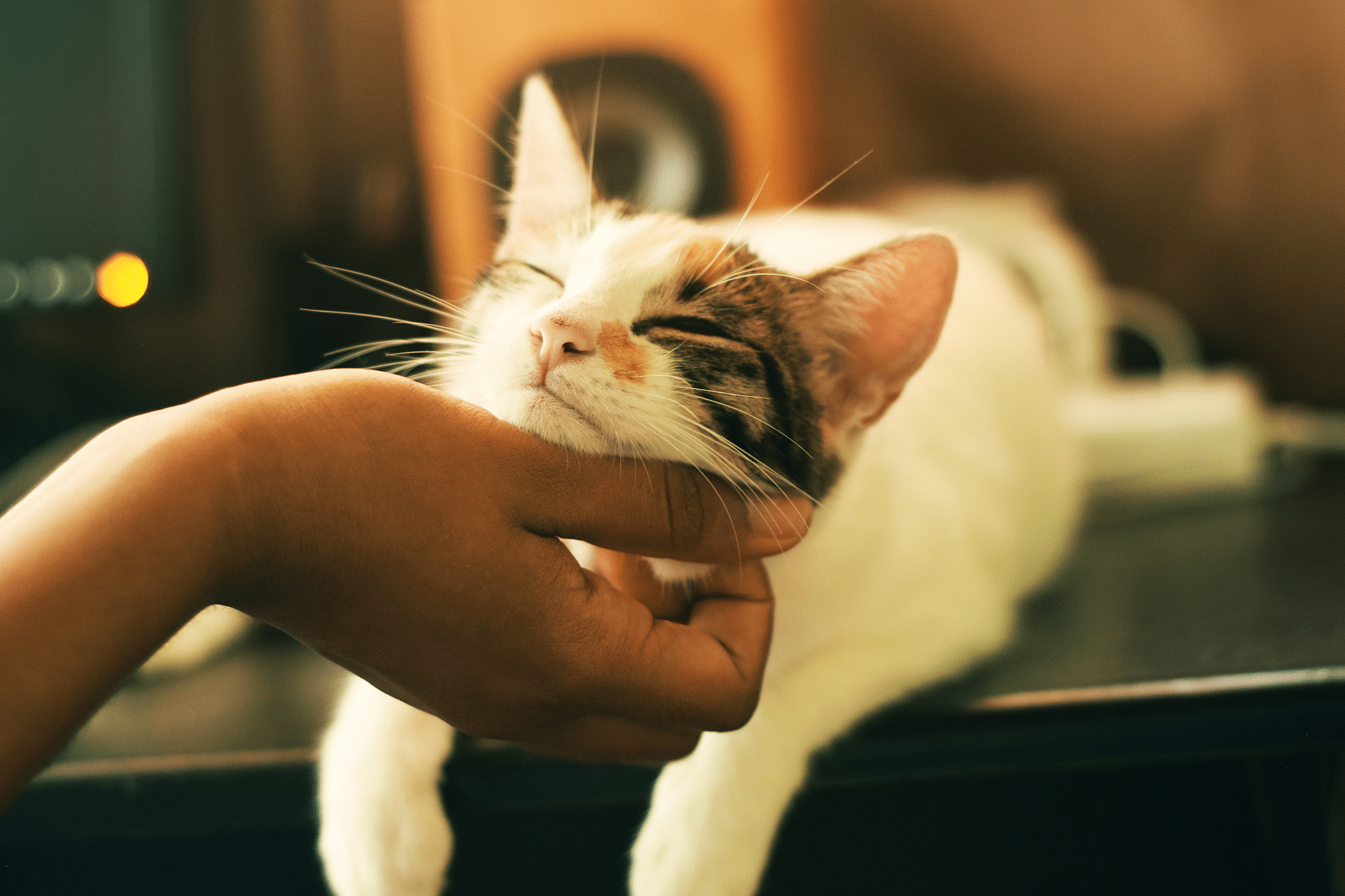
Source: google.com
Make sure you consult your veterinarian first.
Your veterinarian should always be consulted before choosing a heartworm medication for your cat. It would be best if you only used approved medications for your cat’s age, weight, health status, and the correct dosage. You will only be given a prescription for a preventive if your veterinarian confirms that your cat does not have heartworms (the test results are negative).
Heartworm preventive medications come in a variety of forms. Heartworm prevention and intestinal parasite control are among the many benefits of these medications.
Oral Heartworm Medications for Cats
Current heartworm prevention medications contain active ingredients like ivermectin and milbemycin. Cats have been treated with ivermectin for decades to prevent heartworm disease. When given at the appropriate dosage, side effects are rare. It has been reported that vomiting, diarrhea, and coordination loss have been reported in animals.
Itching, hives, swelling of the face, seizures, and even shock have been reported as allergic reactions. When administering this medication, watch your cat for anything out of the ordinary, as sensitivity can occur suddenly, even after prolonged use.
Topical Heartworm Medications for Cats
Heartworms can be prevented with topical agents, fleas, ticks, mites, etc. One monthly application can protect your cat from many parasites, both internal and external, depending on the brand you choose. To work, selamectin and moxidectin penetrate the skin and collect in the oil glands under the skin. Over time, the drug slowly dispenses over some time protects the cat.
It is essential to avoid getting these types of medications on your skin or in your eyes when applying them. Separating the fur between the shoulder blades is vital to discovering the skin underneath. The liquid should be applied directly to the skin rather than to the fur. Wear disposable gloves if you handle these medications (or wash your hands after handling them). It is always important to follow the label instructions carefully. After application, keep your cat indoors and watch them for about 30 minutes. When the medication is absorbed, children and animals should be separated. The medication may be accidentally ingested while grooming another (treated) cat if you have more than one cat.
It is rare for these medications to cause adverse reactions, but they do happen from time to time. Vomiting, diarrhea, drooling, panting, and trembling are possible side effects. In some cats, the same reaction as with ivermectin can occur with these medications. It has also been reported that hair loss has occurred at the application site.
Here Are Some Other Tips For Safety When Taking Heartworm Medication
It would be best if you considered the following tips when giving heartworm prevention to your cat:
- Consult your veterinarian to ensure you give your cat the correct dosage and type of medication.
- Before using anything, make sure you read the label carefully.
- Keep medications out of reach of children and pets (it is best to store them in a locked cabinet).
- Please call your veterinarian if you notice any side effects in your cat.
- Heartworm preventive medications should not be given to your cat more than once a month.
- Your veterinarian can tell you if your cat needs to be on heartworm prevention all year round. Warm climates, where mosquitoes are constantly present, make this an efficient approach.
What is the Best Heartworm Prevention for Cats?
Cat owners often overlook the importance of heartworm prevention for cats. Heartworm infection in adult cats almost always leads to death. Cats can contract deadly heartworm infections from just one mosquito bite. As many as five adult heartworms can be developed from one bite of an infected mosquito. There are twelve inches of length on each heartworm. Cats with adult heartworms have a tough time being treated safely once infected. Our cats must be protected from fatal heartworm disease by regular prevention because mosquito bites cannot be prevented.
Some current heartworm prevention drugs are part of the same “family.” Streptomyces species bacteria produce these “antibiotics.” The macrocyclic lactones are part of this class of drugs:
1) Heartgard For Cats contains the active ingredient ivermectin
2) Interceptor For Cats contains Milbemycin Oxime as its active ingredient
3) Revolution For Cats contains selamectin as its active ingredient
4) Advantage Multi For Cats contains moxidectin as its active ingredient
How Old Should My Cat Be To Start Using Heartworm Prevention?
Once your kitten reaches the minimum weight or age for the product you wish to use, it should begin heartworm prevention. A kitten can be infected with heartworms at a young age since mosquitoes transmit the disease. It is recommended that kittens start heartworm prevention before nine weeks of age.
Before Starting Heartworm Prevention, Does A Cat Need To Be Tested For Heartworms?
Heartworm tests should be conducted on all cats over six months before prevention begins.
If I Want To Prevent Heartworm In My Cat, What Is The Best Heartworm Prevention To Use?
There are two types of heartworm prevention for cats: tablets and topicals. It may be easier to administer a liquid treatment to the skin if you have difficulty giving pills. Taking a pill may be more convenient if you have concerns about other pets licking and grooming one another. Interceptor and Heartgard are available as pills for cats. There are two types of topical treatments: Revolution and Advantage Multi. Once a month, all are given.
Heartgard for Cats
Heartgard for Cats contains the active ingredient ivermectin. Cats must be given this monthly heartworm preventative to be effective. The chewable tablet is available in a variety of flavours. If the pill is broken up and mixed with the cat’s food, it can be fed as a treat. You must chew or break the tablets before swallowing them to ensure that the gut adequately absorbs the ivermectin. In addition to controlling hookworms in cats, this product also controls tapeworms. Also recommended for flea-infested cats is Frontline. A negative heartworm test is required before giving Heartgard to cats.
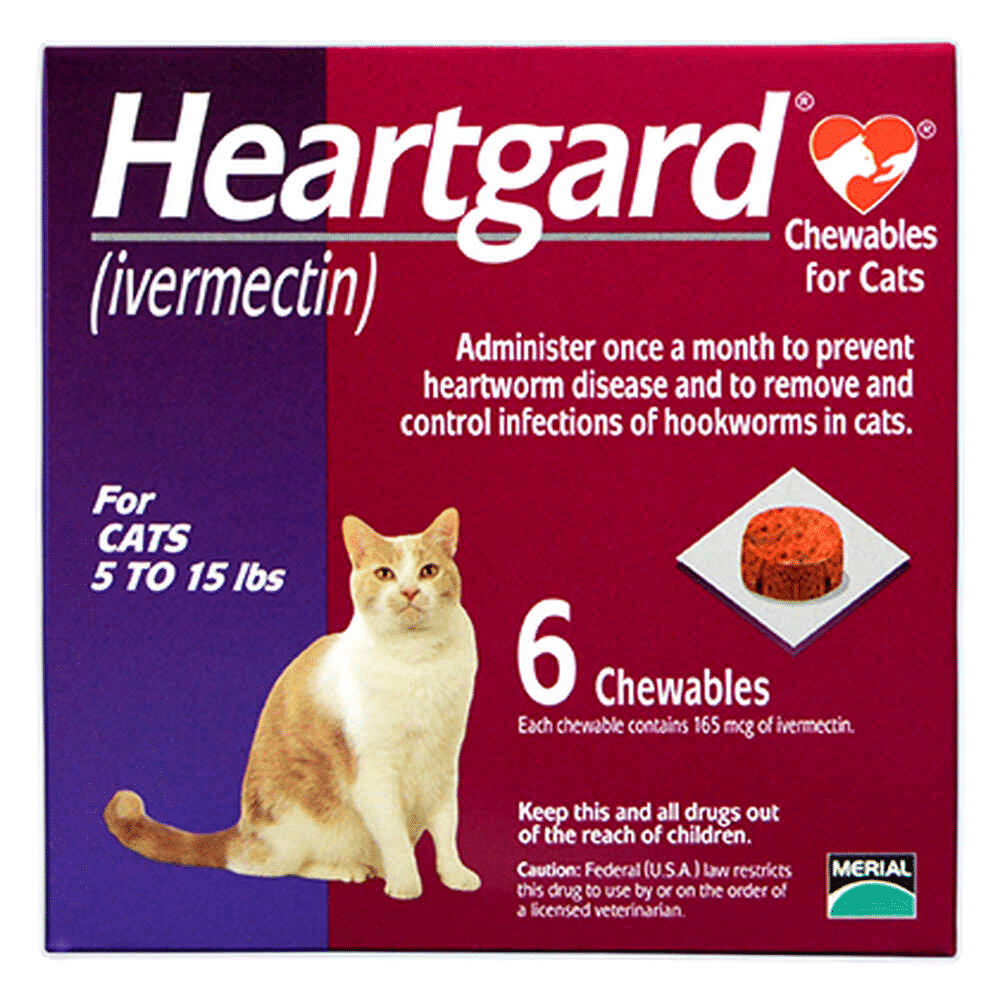
Source: google.com
Interceptor Flavor Tabs for Cats
Interceptor contains the active ingredient milbemycin oxime. Alternatively, the cat can be fed the oral flavour tabs as a pill, mixed with its food, or fed by hand. Hookworms can also be controlled with Interceptor Flavor Tabs. Suitable for babies aged six weeks and up, it is well tolerated and completely safe. Heartworm tests must be negative before cats are given Interceptor Flavor Tabs. Dr Garner does not recommend using this heartworm prevention for cats because it is difficult to get some cats to take the tablets.
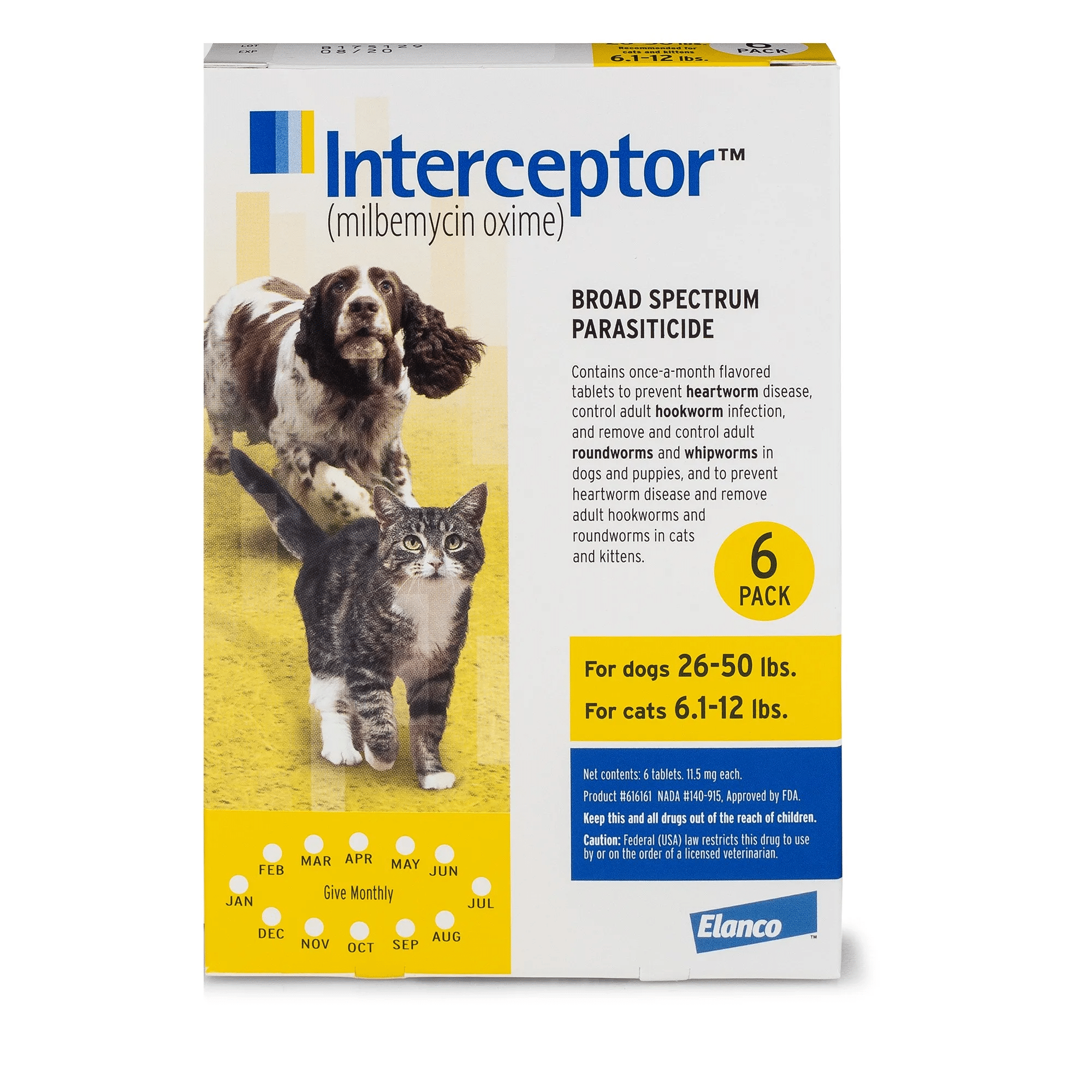
Source: google.com
Revolution
Revolution contains the active ingredient selamectin. On the surface of the skin, Revolution should be applied monthly. Cats tend to lick their skin, which increases absorption into the body. Revolution effectively controls flies, ear mites, roundworms, and hookworms. Baths or shampoos won’t remove it. Regarding heartworm prevention, selamectin may not be as effective as other products.
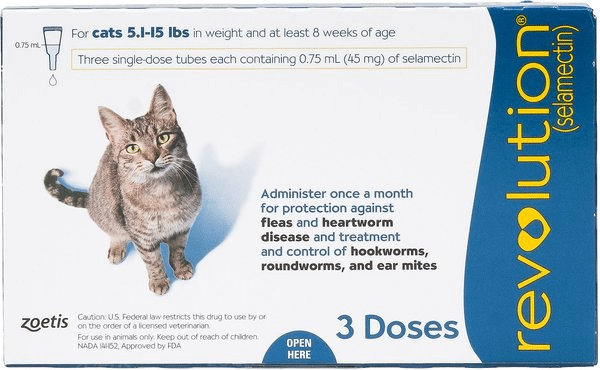
Source: google.com
Advantage Multi For Cats
Heartworm prevention with moxidectin is both safe and effective. Advantage Multi is a topical solution for cats, which is applied monthly to the skin.
- With this heartworm prevention, cats can only be protected from all strains of heartworms.
- Unlike other feline heartworm preventives, this product kills juvenile heartworms as well as the larval stage of the heartworm.
- In addition to killing hookworms, roundworms, and ear mites, it also controls fleas in cats.
Regarding Feline Heartworm Prevention, Dr Garner recommends Advantage Multi for Cats. Against different life stages of heartworms, it has overall effectiveness in cats. In addition to killing fleas, Advantage Multi also kills intestinal parasites and ear mites. The drug is safer than others in the same category, and it can be given to kittens as early as nine weeks of age or when their body weight reaches two lbs. 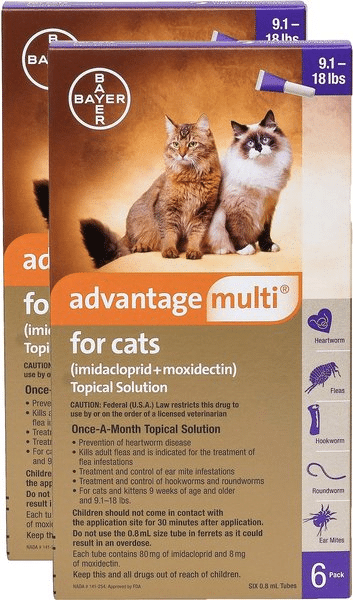
Source: google.com
Conclusion
The first step in treating a heartworm infestation in a cat is to consult a veterinarian. A veterinarian should be consulted before administering any medicine to an animal to prevent toxicosis or death.
FAQs
Is it true that heartworm medicine kills fleas?
Some heartworm medicines can also kill fleas. The most common flea medications, on the other hand, do not kill heartworms.
Heartworm medications work by killing adult worms and preventing new worms from growing in the cat.
Do indoor cats need heartworm prevention?
It is common for indoor cats to have misconceptions about heartworm prevention. One of the most popular arguments is that cats don’t need heartworm prevention because they don’t go outside. Indoor cats are susceptible to heartworm disease through mosquito bites, flea bites, and other infected animals in the house.
